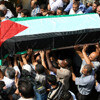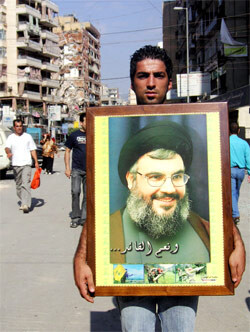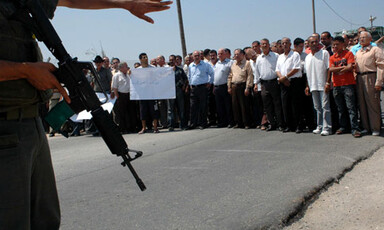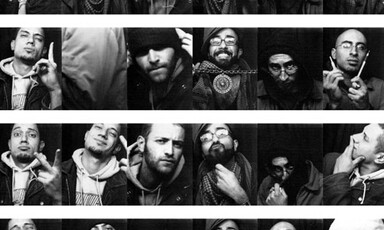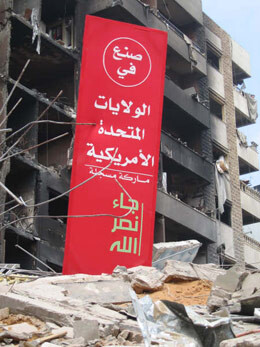
US aid dependency: The road to ruin
5 October 2007
The true measure of the alliance of any two states or political groups rests on an accurate and fair reading of two forms of support: military aid and economic assistance, and reaching a verdict about these two forms of support is based on the examination of three properties of such aid: the monetary value (size or quantity) of this aid, the declared and hidden objectives of the aid and the conditions attached to it (the quality of the aid). Based on these criteria, Hicham Safieddine asks, what is the truth behind the US support for Lebanon, in numbers and according to Washington’s own sources? Read more about US aid dependency: The road to ruin
